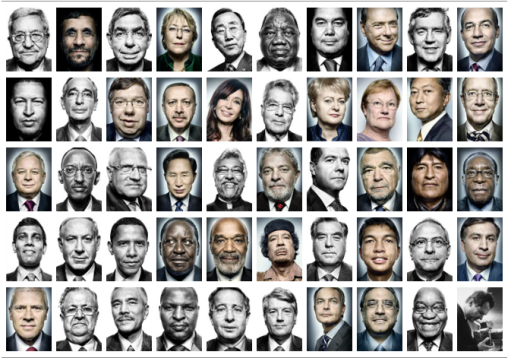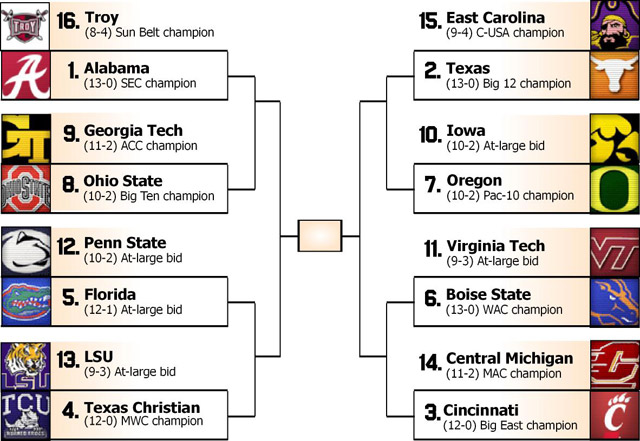skip to main |
skip to sidebar

Commuters who travel through Grapevine during the workweek should brace themselves for about four years of dodging orange barrels, beginning Feb. 15.
A massive reconstruction of seven Grapevine highways — a project known as the DFW Connector — is scheduled to begin on that date, officials said Tuesday night. The project includes the reconstruction and expansion of 114/121 on the north end of Dallas/Fort Worth Airport, one of the busiest freeways in the region.
“They’ve opened the floodgates and said all our plans are approved,” said Selma Stockstill, spokeswoman for NorthGate Contractors, the developer hired by the state to fast-track the nearly $1 billion project. “It is a pretty firm date.”
Click the picture to read about the project.

In 1976, Richard Avedon went to Washington to photograph Henry Kissinger. As Avedon was leading him to his mark, Kissinger said, “Be kind to me.”
Artists have been making portraits of the mighty for centuries—from Velázquez’s Philip IV to Lucian Freud’s Elizabeth II—and the act of portrait-making can leave the royal or the tyrant, the President or the diplomat with a sudden feeling of disequilibrium, of a transfer of power. Avedon knew that Kissinger was trying to manipulate him, but what, exactly, did he want? “Did Kissinger want to look wiser, warmer, more sincere than he suspected he was?” Avedon wrote later. “Isn’t it trivializing and demeaning to make someone look wise, noble (which is easy to do), or even conventionally beautiful when the thing itself is so much more complicated, contradictory, and, therefore, fascinating?”
This past September, when nearly all the world’s leaders were in New York for a meeting of the United Nations, Platon, a staff photographer for this magazine, set up a tiny studio off the floor of the General Assembly, and tried to hustle as many of them in front of his lens as possible. For months, members of the magazine’s staff had been writing letters to various governments and embassies, but the project was a five-day-long improvisation, with Platon doing his best to lure the likes of Mahmoud Ahmadinejad, Hugo Chávez, and Muammar Qaddafi to his camera.
And so what did the Israeli Prime Minister, Benjamin Netanyahu, ask the photographer before the shutter clicked? “Platon,” he said, “make me look good.”
History is full of leaders who cannot bear the result of their sittings. Winston Churchill publicly praised a portrait of him by Graham Sutherland, but soon decided that it made him look senile. His wife, Clementine, destroyed it. Usually, it seems, politicians seek out a portrait artist at the beginning of their career. On February 27, 1860, the day he delivered his career-defining speech at Cooper Union, Abraham Lincoln walked over to Mathew Brady’s studio and had his picture taken. The greatest of American political lives had begun.
But the anxiety persists. While political theatre went on inside the General Assembly, Netanyahu kept stopping by Platon’s makeshift studio and repeated his request: “Make me look good.”
Read more: http://www.newyorker.com/online/multimedia/2009/12/07/091207_audioslideshow_platon#ixzz0Z9WqCiMd
Click the image above to see the photos.
Thanks To Keith at BagOfNothing

BCS bowl games are the single worst business arrangement in American sports. College football’s continued willingness to be fleeced by outside businessmen, who gleefully cut themselves in on millions in profits, makes even conference commissioners blush when confronted with the raw facts.
What other business outsources its most profitable and easily sold product – in this case postseason football?
The bowls were needed back in the 1950s. These days they are nothing but leeches on the system. I happen to like watching bowl games – or any games, but outside of nostalgia they offer no value to a playoff system.
It’ll never make sense to allow businesses outside college football to determine how college football does its business.
College football could stage the 15 playoff games itself, cut out the middle men, and pockets hundreds of millions of extra revenue.
Click the image to read the article.



